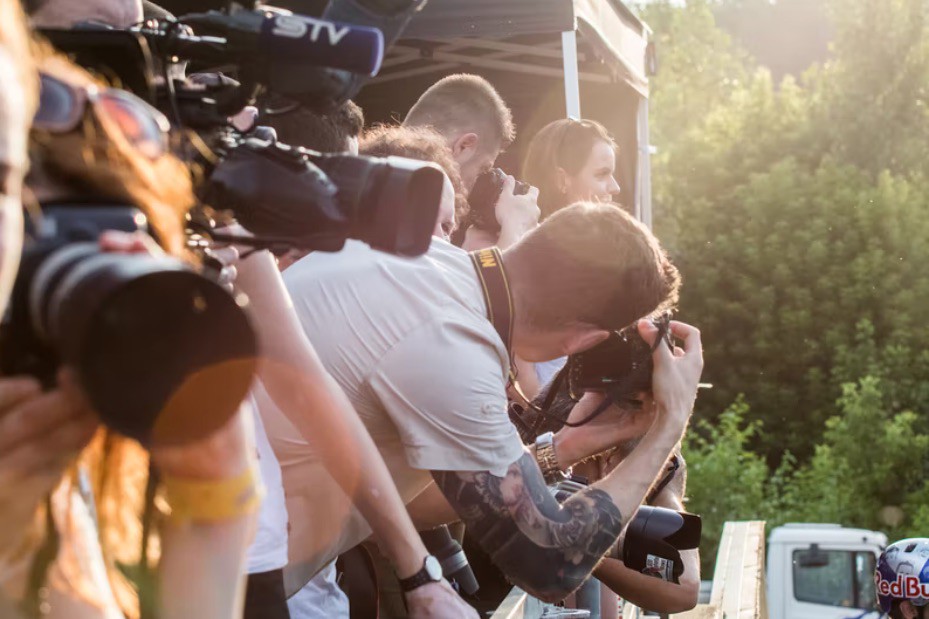Can my school’s lacrosse coach stop me from taking photos of the team during practice to publish in the school yearbook?
The right to privacy is protected under the Fourth Amendment of the U.S. Constitution:
“The rights of the people to be secure in their persons, houses, papers, and effects, against unreasonable searches and seizures, shall not be violated.”
There are four privacy rights that you should be aware of:
1. intrusion (applies to this situation)
2. public disclosure of private facts
3. false light
4. appropriation
Intrusion is when someone intentionally intrudes on the solitude or seclusion of another person. Seems pretty self-explanatory, huh? Well, here are some things (or elements) that a person would need to prove to show someone intruded on their privacy:
- The intrusion was into a private place;
- They had a right to keep their matters private; and
- The intrusion occurred in a way that would be highly offensive to a reasonable person.
When a sports team practices or hosts a game at a public school, they are typically doing so in a public area of the school, such as the gym, the pool, or an indoor/outdoor field. By being in a public space, individuals open themselves up to public observation, especially when the area is regularly accessed or viewed by other members of the public. So, ask this: Would members of the public easily be able to access or view the gym within the school?
An individual has the right to keep a matter private when the matter is intimate, personal, or embarrassing. A sports team’s practice or game does not fall under any of those categories, and the presence of the college scout makes no difference. So then, ask this: Is this a matter that an ordinary person would want to keep private?
Taking photos for the school yearbook is a normal task for a yearbook photographer, and by taking the photos in a public space and in a regular fashion, the so-called intrusion itself was not done in a highly offensive way. It would be a different story if the photographer stood at the top of the bleachers and used the camera to zoom in on certain body parts of the athletes—that type of intrusion would be highly offensive. So finally, ask this: Was how they went about getting the photo (ex. Taking a photo through a peephole) offensive to a reasonable person? The answer in your example is almost certainly no.
Some Other Things to Consider
When a student registers at a public school, the parents/guardians are given a form to either explicitly give or explicitly withhold consent to the student’s picture being taken and/or used. A yearbook photographer could easily check to see if any of the athletes have that consent withheld. If not, the given consent negates the existence of any intrusion claim, meaning a photographer does not need permission to take photos for the yearbook.
A public school may regulate certain student press and student publications when there is a legitimate pedagogical concern related to student privacy. A yearbook photographer, being part of the student press, has a right to be present at a sport practice or game. This right means that a coach does not have a legitimate pedagogical concern related to privacy and has no right to turn a photographer away or make them stop. And, it doesn’t make any difference if a college scout was present or not.
Have questions about free speech rights?
Send your questions our way, and we'll have our team find you an answer. Keep in mind, we’re not actually your lawyers and aren’t representing you. We can definitely help clear some things up and give you some info, but if you need actual legal help for your situation, you should find a lawyer in your area. And don't worry, any information we collect is only for our own research, and we won’t share it or sell it to anyone.




